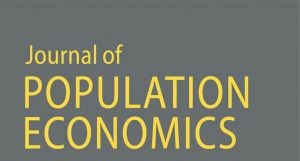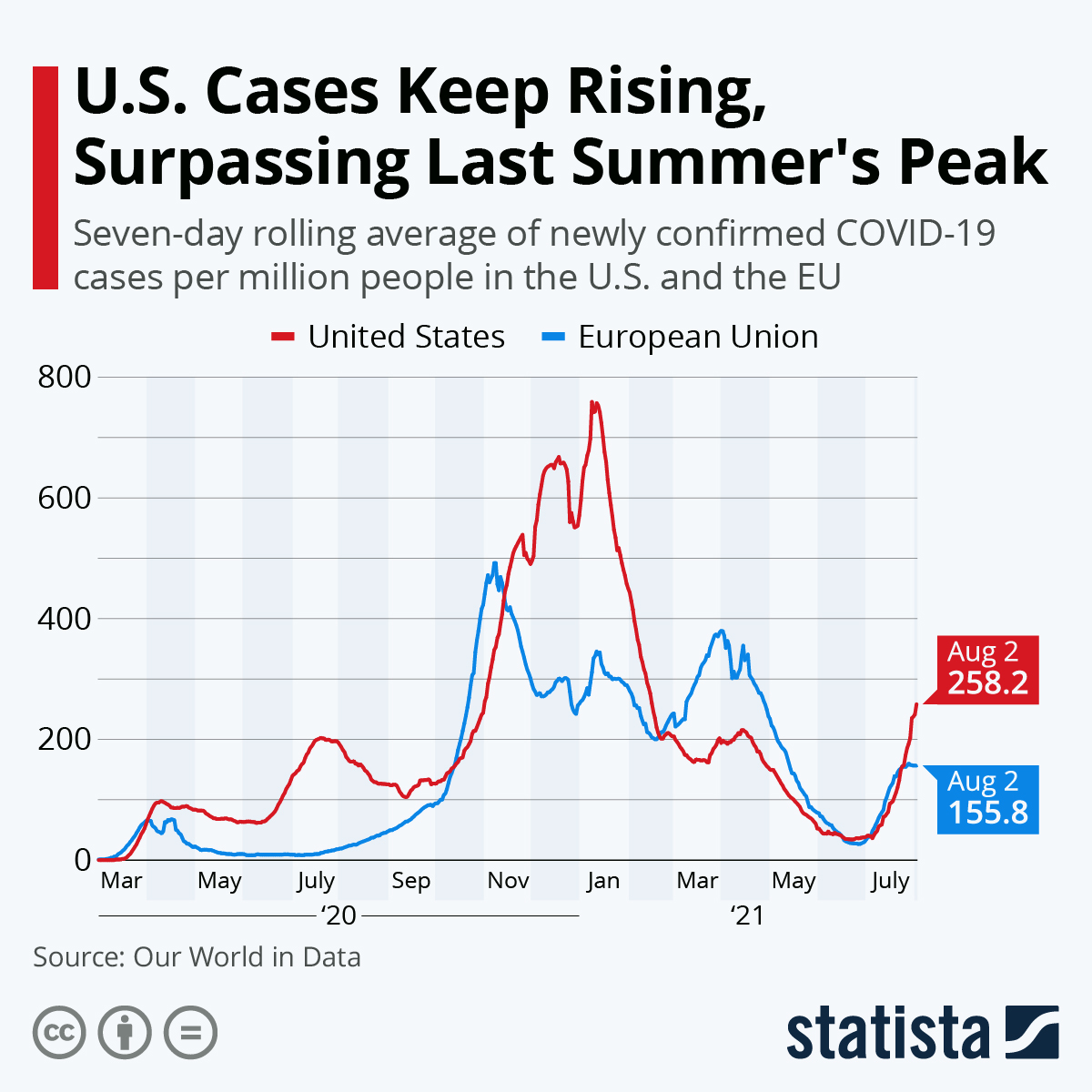A new GLO Discussion Paper finds that women in the Caribbean tourism work for less productive and profitable firms. However, those firms with females at the top employ more women, particularly in management roles.
The Global Labor Organization (GLO) is an independent, non-partisan and non-governmental organization that functions as an international network and virtual platform to stimulate global research, debate and collaboration.
GLO Discussion Paper No. 599, 2020
Assessing the role of women in tourism related sectors in the Caribbean – Download PDF
by Pastore, Francesco & Webster, Allan & Hope, Kevin
GLO Fellows Francesco Pastore & Allan Webster

Francesco Pastore 
Allan Webster
Author Abstract: This study contributes to the rapidly growing literature on women in tourism. It focuses on a group of 13 Caribbean countries. The study analyses the impact of women in apical positions within firms (top manager or owner) on firm performance – productivity, profitability and female employment. For this both a decomposition model and the Inverse Probability Weighted Regression Adjustment (IPWRA) estimator are used. The analysis finds that opportunities for women in these positions in the Caribbean are constrained to less productive and profitable firms, as elsewhere. However, those firms with females at the top employ more women, particularly in management roles.
GLO Discussion Papers are research and policy papers of the GLO Network which are widely circulated to encourage discussion. Provided in cooperation with EconStor, a service of the ZBW – Leibniz Information Centre for Economics, GLO Discussion Papers are among others listed in RePEc (see IDEAS, EconPapers). Complete list of all GLO DPs – downloadable for free.

Ends;















